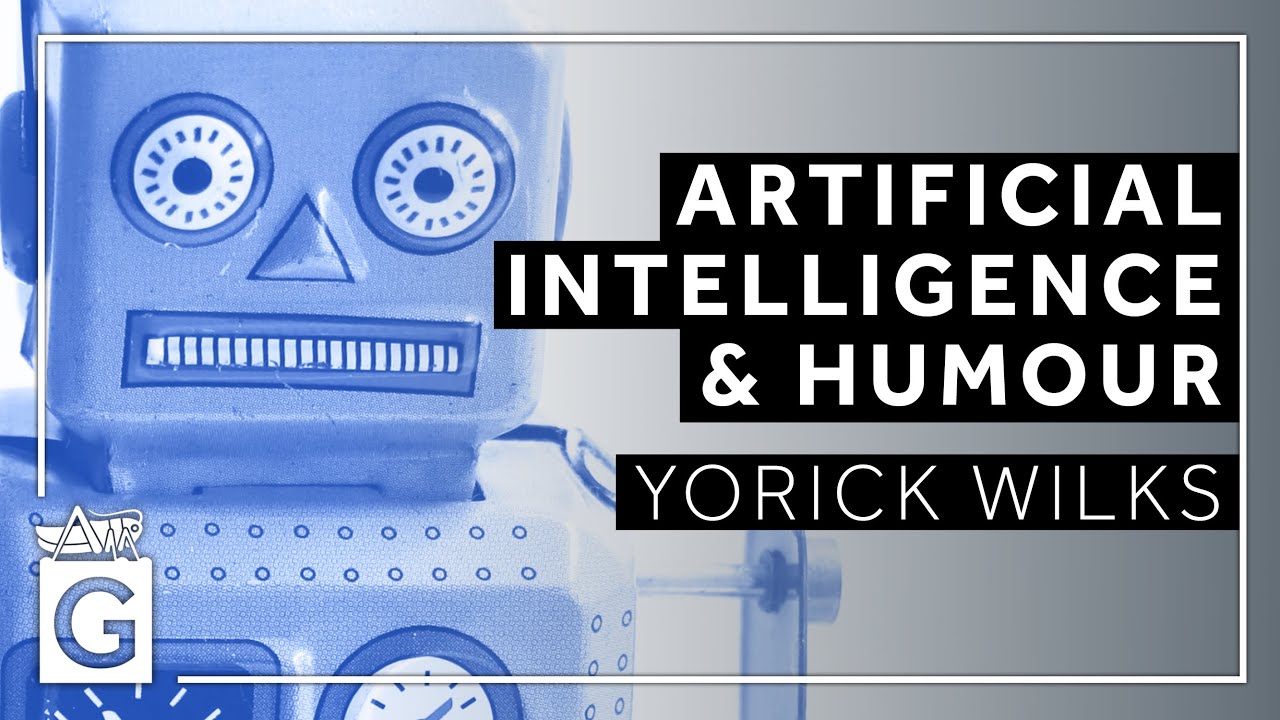Gresham College
Could AI replace stand-up comedians and scriptwriters? This may not be an impossible dream if you accept that nothing we do is forever beyond the scope of computer modelling.
This lecture explores attempts to create jokes from rules, and programs that create not-quite-relevant responses that hearers can make meaningful and comic. Will computers ever tell good jokes?
A lecture by Yorick Wilks
The transcript and downloadable versions of the lecture are available from the Gresham College website:
http://www.gresham.ac.uk/lectures-and-events/ai-humour
Gresham College has been giving free public lectures since 1597. This tradition continues today with all of our five or so public lectures a week being made available for free download from our website. There are currently over 2,000 lectures free to access or download from the website.
Website: https://gresham.ac.uk
Twitter: https://twitter.com/greshamcollege
Facebook: https://facebook.com/greshamcollege
Instagram: https://instagram.com/greshamcollege
